Preparing for Action: Udayana MPH Students Gear Up for Measles Outbreak Response in Madura
A significant measles outbreak in Pamekasan, Madura, East Java, which has tragically claimed more than a dozen lives, has captured national attention and highlighted the urgent need for epidemiological intervention. In response, the Indonesian Ministry of Health, through the Director of Surveillance and Health Quarantine as the coordinator of FETP Indonesia, formally requested assistance from the Faculty of Medicine, Udayana University, via a letter dated September 3, 2025 (SR. 01.02/C.V/9772/2025). The request aimed to mobilize MPH students from Udayana University, alongside students from six other universities across Indonesia, to contribute as technical epidemiology support in the ongoing outbreak investigation and management.
Acknowledging the critical learning opportunities this deployment offers, two motivated students, Jana Darmika and Erik Hendrawan, were selected to participate in the field activities. To ensure proper guidance and supervision, Dr. Sang Gede Purnama, a faculty member and the motivated lecturer of the MPH program, was also deployed alongside the students. Together, they have joined a WhatsApp group for deployment coordination, which includes other universities, FETP Indonesia, the Ministry of Health, the East Java Health Office, and local stakeholders in Madura. An initial briefing via Zoom on September 7, 2025, provided the team with situational updates and prepared them for the field deployment scheduled from September 11 to 17, 2025. Detailed operational planning will continue in the days leading up to the deployment to ensure smooth collaboration with all involved parties.
|
|
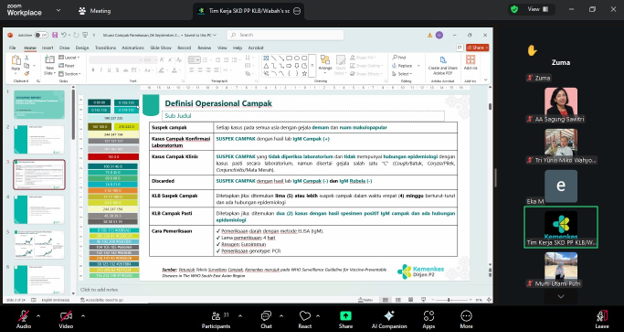
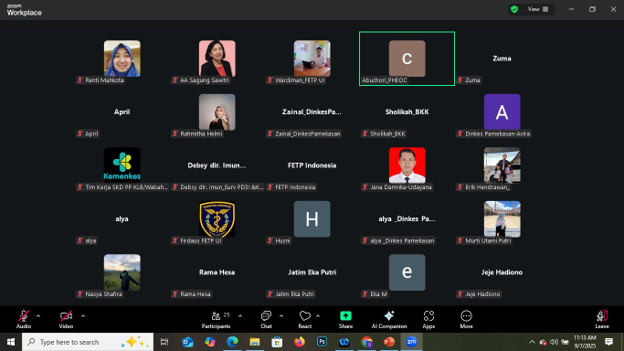
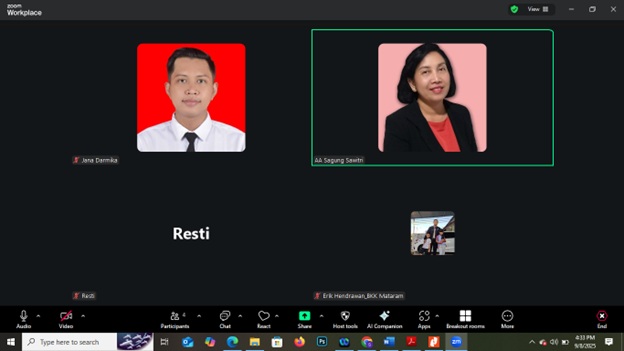
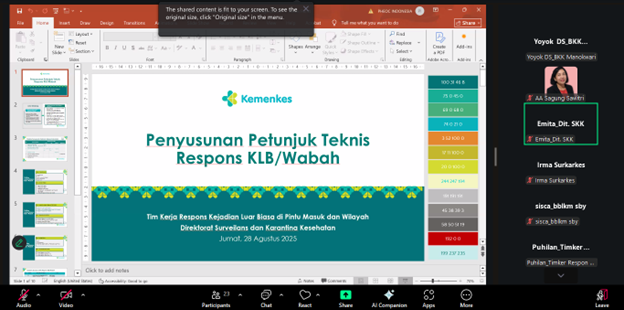
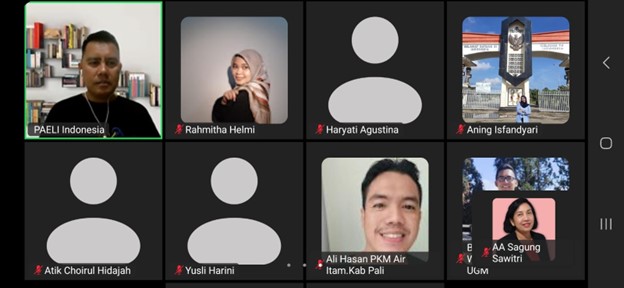
MEDICAL FACULTY